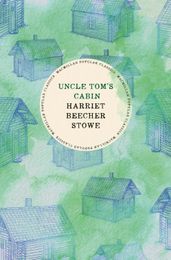H. B. Stowe
Harriet Elisabeth Beecher was born in 1811 in Litchfield, Connecticut. Her father, Lyman Beecher, a prominent Calvinist preacher, remarried twice after her mother's death when Harriet was just five. She received a rare formal education at a time when girls rarely attending school, at the Litchfield Female Academy and later the Hartford Female Seminary, where her sister Catherine taught. At twenty-one, Harriet joined her father in Cincinnati at the Lane Theological Seminary, where she not only delved into intellectual pursuits but also published her first book and met her future husband, Calvin Ellis Stowe. Their marriage in 1836 was followed by a move to Maine, where they actively supported the Underground Railroad.
Harriet Beecher Stowe's enduring legacy rests largely on her seminal work, "Uncle Tom’s Cabin," serialized in 1851-1852 and later published as a novel. It propelled Beecher Stowe into a career as a full-time writer, allowing her to tour Britain and firmly establish herself as a leading voice in the fight against slavery. Despite controversy and attempts to diminish its impact, "Uncle Tom’s Cabin" remains a pivotal cultural work. Beyond her literary achievements, Beecher Stowe remained an advocate for social reform, particularly concerning women's rights, and made significant contributions to education through her involvement in founding the Hartford Art School. Her life's work continued to influence American literature and social thought until her death in 1896, marking her as a key figure in both the abolitionist movement and the broader landscape of American letters.
